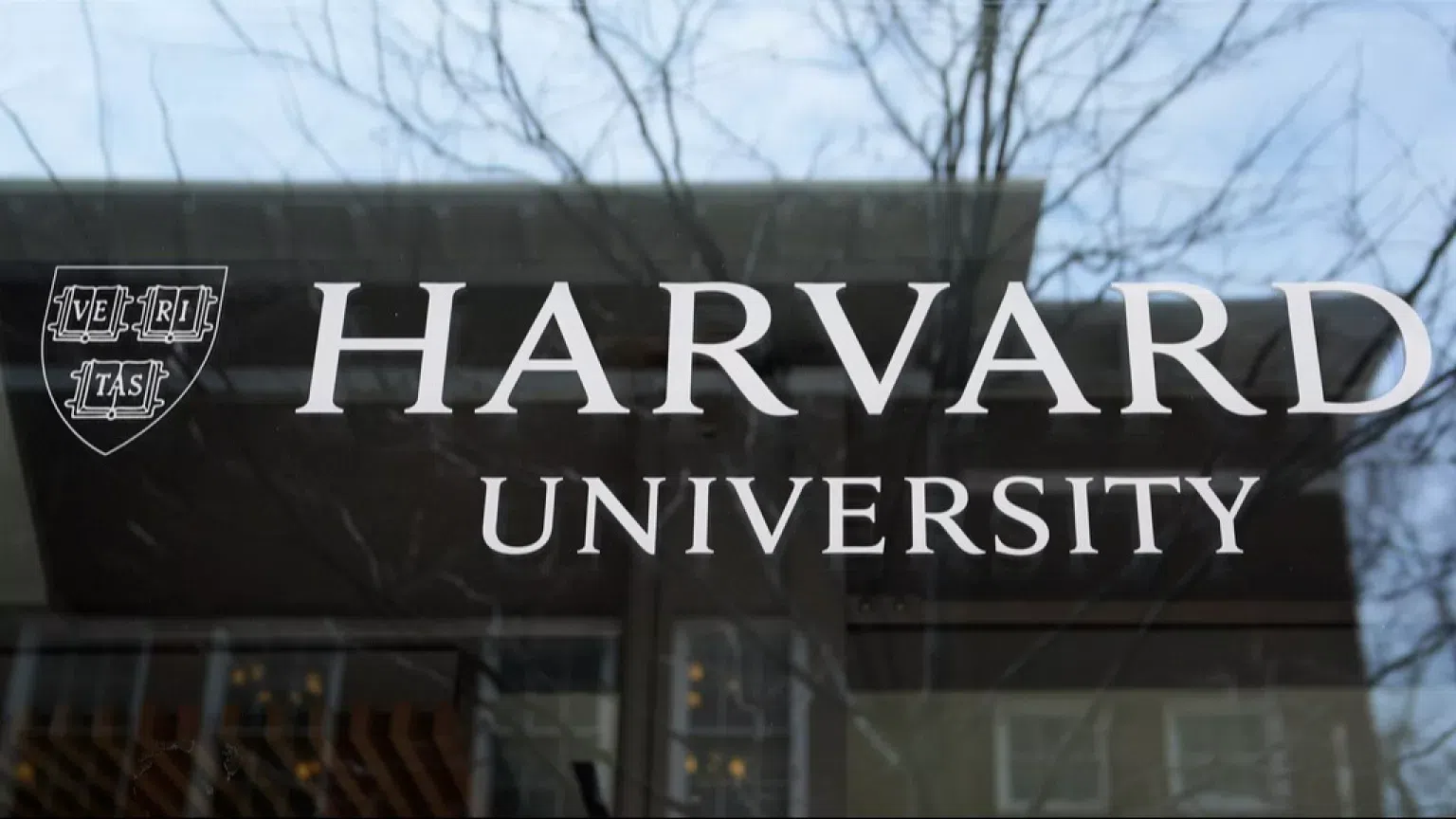US Blocks Harvard From Enrolling Foreign Students, Forcing Transfers
The US Department of Homeland Security has revoked Harvard University’s ability to enrol international students, in a move widely condemned as politically motivated and potentially unlawful.
The decision, announced on Thursday, will affect thousands of students and is part of what critics describe as an escalating campaign by President Donald Trump’s administration against elite academic institutions.
Homeland Security Secretary Kristi Noem ordered the termination of Harvard’s Student and Exchange Visitor Program certification, effective from the 2025–2026 academic year. The decision means current international students will be forced to transfer to other institutions or risk losing their legal status in the United States.
Noem accused Harvard of “fostering violence, antisemitism, and coordinating with the Chinese Communist Party.” She further stated, “It is a privilege, not a right, for universities to enrol foreign students and benefit from their higher tuition payments to help pad their multibillion-dollar endowments.”
The decision followed Harvard’s refusal to provide detailed records on foreign student visa holders, including video or audio footage of protest activities over the past five years, according to the department.
In response, Harvard issued a strong statement denouncing the move as “unlawful” and “retaliatory,” vowing to defend its mission and its students. “This retaliatory action threatens serious harm to the Harvard community and our country, and undermines Harvard’s academic and research mission,” the university said. It added that it remains “fully committed” to educating international students.
According to university data, Harvard enrolled nearly 6,800 international students during the 2024–2025 academic year, representing 27% of its total student population. The largest cohort came from China, followed by Canada, India, South Korea, Britain, Germany, Australia, Singapore, and Japan.
The move comes amid a broader effort by the Trump administration to reshape American higher education. Trump, who took office pledging a hardline immigration agenda, has accused universities of promoting “anti-American, Marxist and radical left ideologies.” Harvard, in particular, has become a frequent target, with Trump criticising the university for hiring prominent Democrats and alleging it has failed to tackle antisemitism on campus.
Earlier this week, the US Department of Health and Human Services terminated an additional $60 million in federal grants to Harvard, citing the university’s alleged failure to address antisemitic and ethnic discrimination.
The funding cuts follow a previous decision to freeze around $3 billion in federal research grants, prompting Harvard to file a lawsuit to restore the funding.
In a separate legal case, a federal judge ruled on Thursday that the administration could not terminate the legal status of foreign students across the US without adhering to proper regulatory procedures. It remains unclear how this ruling may impact the action taken against Harvard.
Democratic lawmakers were quick to condemn the decision. US Representative Jaime Raskin described it as “an intolerable attack on Harvard’s independence and academic freedom,” and accused the administration of punishing the university for opposing Trump’s policies.
Immigration advocates also decried the move. Aaron Reichlin-Melnick, a senior fellow with the American Immigration Council, said the action “needlessly punishes thousands of innocent students.” He added on the social media platform Bluesky, “None of them have done anything wrong; they’re just collateral damage to Trump.”
Secretary Noem confirmed that other institutions, including Columbia University in New York, could face similar action. “Absolutely, we are,” she said. “This should be a warning to every other university to get your act together.”
As legal and political battles unfold, thousands of international students at Harvard face an uncertain future, caught at the intersection of immigration policy, academic freedom, and partisan conflict.
Boluwatife Enome
Follow us on:






